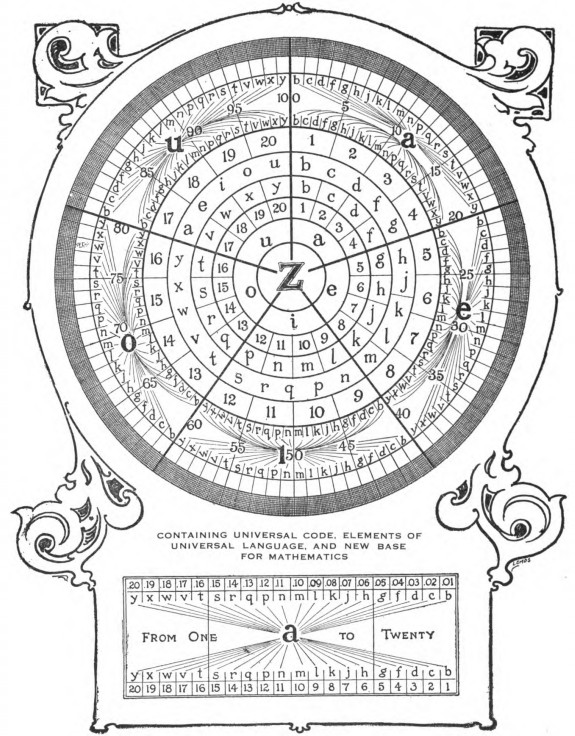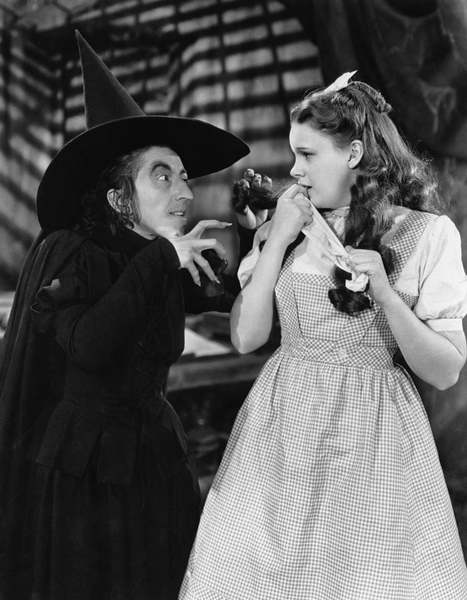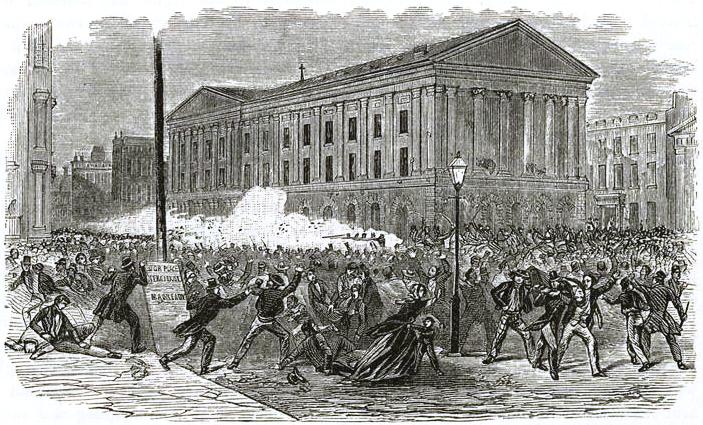In April 1909, Carl Jung asked Sigmund Freud his opinion on precognition and parapsychology. As Freud was dismissing them, Jung felt “a curious sensation”:
It was as if my diaphragm was made of iron and was becoming red-hot — a glowing vault. And at that moment there was such a loud report in the bookcase, which stood right next to us, that we both started up in alarm, fearing the thing was going to topple over us. I said to Freud: ‘There, that is an example of a so-called catalytic exteriorisation phenomenon.’
‘Oh come,’ he exclaimed. ‘That is sheer bosh.’
‘It is not,’ I replied. ‘You are mistaken, Herr Professor. And to prove my point I now predict that in a moment there will be another loud report!’ Sure enough, no sooner had I said the words than the same detonation went off in the bookcase.
“To this day I do no know what gave me this certainty,” Jung said later. “But I knew beyond all doubt that the report would come again. Freud only stared aghast at me. I do not know what was in his mind, or what his look meant. In any case, this incident aroused his mistrust of me, and I had the feeling that I had done something against him. I never afterwards discussed the incident with him.”
Freud was not impressed. In a letter to Jung he wrote, “At first I was inclined to ascribe some meaning to it if the noise we heard so frequently when you were here were never again heard after your departure. But since then it has happened over and over again, yet never in connection with my thoughts and never when I was considering you or your special problem.”
A fuller account is here. It’s not clear that they ever discovered the source of the sound, but note that Freud’s letter was written in the same month as the experience, where Jung’s recollection was made in an interview half a century later — when (perhaps among other things) he had misremembered the location of the bookshelf.




